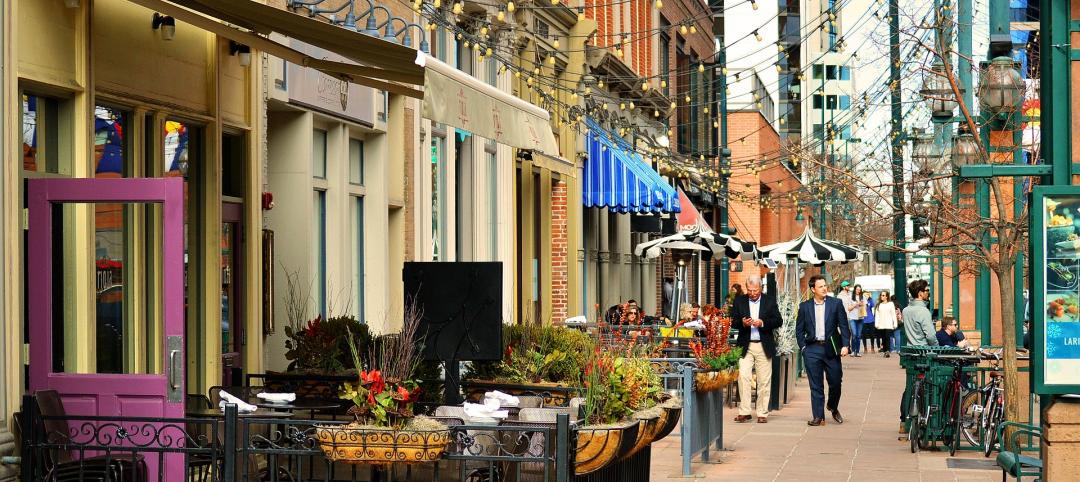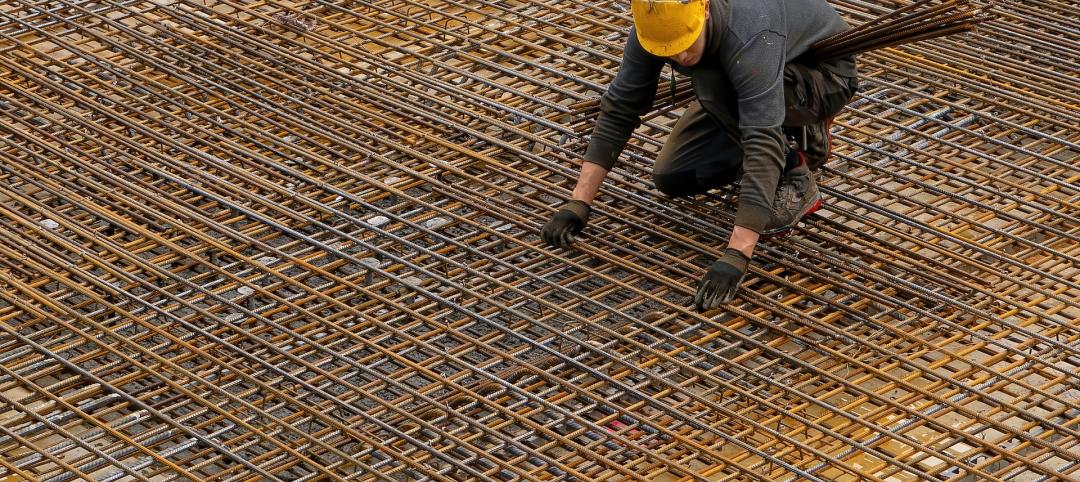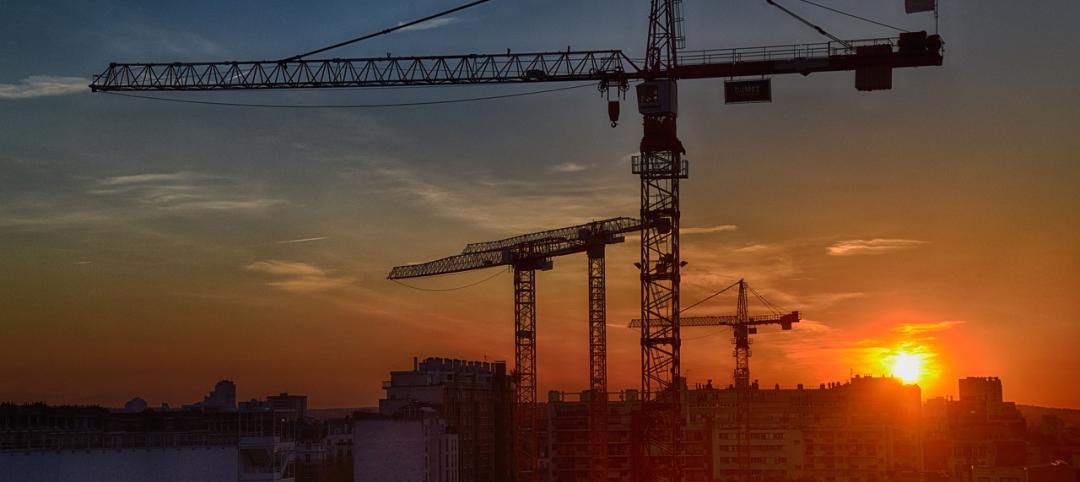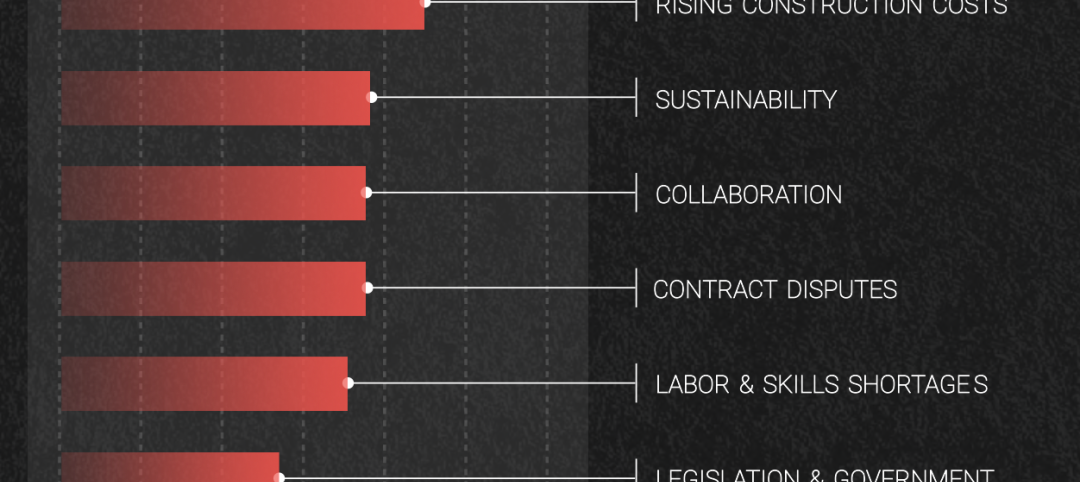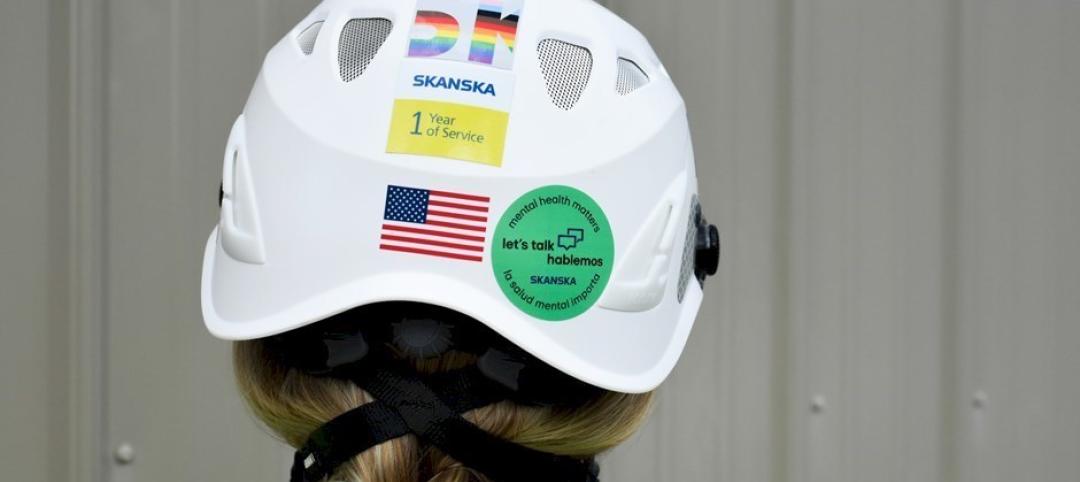A recent study of over 100 clients, all senior-level real estate development or property management executives by construction management firm Structure Tone finds that while much more common than in years past, sustainable building practices are still seen as cost-prohibitive by many building and real estate leaders.
The anonymous survey was intended to take a snapshot of sustainability in practice across the real estate community. Questions centered on participants’ opinions on third-party certification systems like LEED, challenges to building green, and the newer pressures of climate change resilience and wellness in the built environment.
The responses, collected informally and not as a scientific sampling, illuminated several key points:
1. Sustainability is more commonplace but still seen as cost prohibitive: 66% of respondents reported incorporating green features to lower operating costs and 36% are looking to eliminate red-list building materials, but upfront costs are still seen as the #1 hindrance to true sustainability.
2. LEED is still the most prevalent program but others are growing. 8% of respondents plan to do a Living Building Challenge within the next two years.
3. Resiliency is a growing concern. 59% reported they are seeking outside expertise in resilient building.
4. Employee wellness is also a rising factor. 95% consider wellness essential, expected or emerging in the built environment. Leadership (44%) and the millennial generation (40%) are seen as driving this new focus and reported attracting and retaining employees as the #1 reason for the growing interest.
“Now that sustainability is well established in our industry and resilience and wellness are increasingly being included in that conversation, we really wanted to take the real-life pulse of how much these issues affect our clients’ decision making,” says Jennifer Taranto, Director of Sustainability at Structure Tone, in a press release. “While the findings aren’t necessarily surprising, they definitely indicate a shift in priorities when it comes to holistic, sustainable building across the real estate development community.”
The survey will be conducted on an annual basis with the intention of using the results to help detect and analyze trends resulting from changing building practices and contextual circumstances and determine what impact these trends may have on the state of sustainable building.
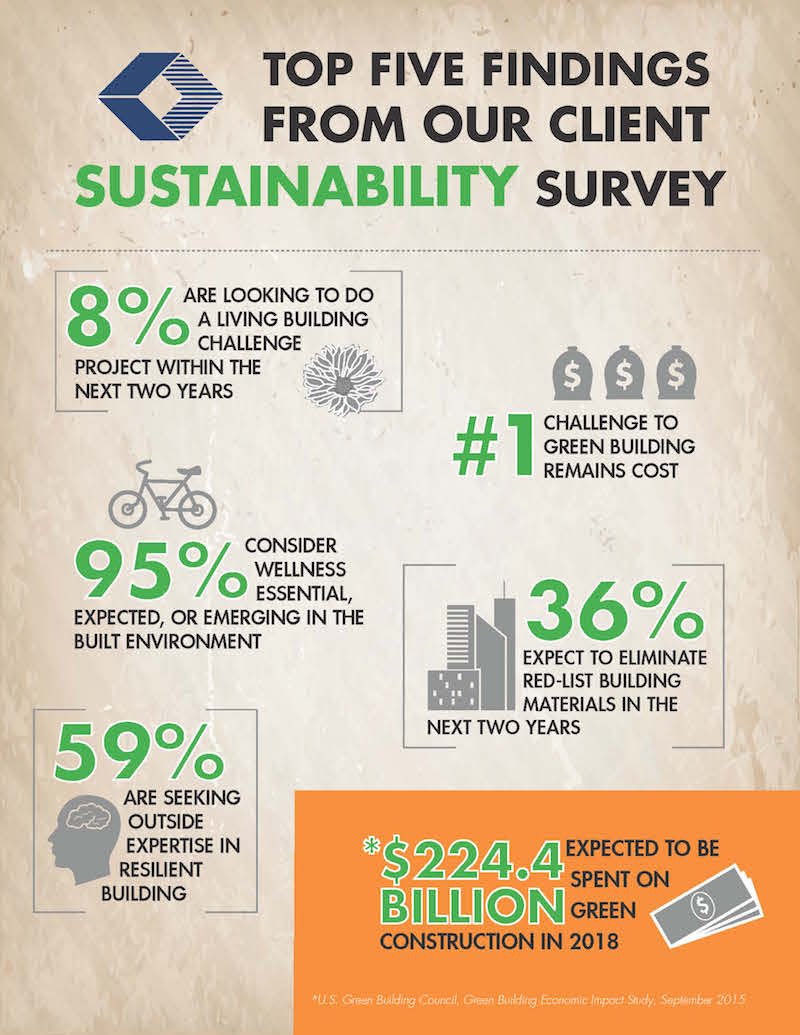
Related Stories
Market Data | Jul 24, 2023
Leading economists call for 2% increase in building construction spending in 2024
Following a 19.7% surge in spending for commercial, institutional, and industrial buildings in 2023, leading construction industry economists expect spending growth to come back to earth in 2024, according to the July 2023 AIA Consensus Construction Forecast Panel.
Codes and Standards | Jul 17, 2023
Outdated federal rainfall analysis impacting infrastructure projects, flood insurance
Severe rainstorms, sometimes described as “atmospheric rivers” or “torrential thunderstorms,” are making the concept of a “1-in-100-year flood event” obsolete, according to a report from First Street Foundation, an organization focused on weather risk research.
Multifamily Housing | Jul 13, 2023
Walkable neighborhoods encourage stronger sense of community
Adults who live in walkable neighborhoods are more likely to interact with their neighbors and have a stronger sense of community than people who live in car-dependent communities, according to a report by the Herbert Wertheim School of Public Health and Human Longevity Science at University of California San Diego.
Multifamily Housing | Jun 29, 2023
5 ways to rethink the future of multifamily development and design
The Gensler Research Institute’s investigation into the residential experience indicates a need for fresh perspectives on residential design and development, challenging norms, and raising the bar.
Apartments | Jun 27, 2023
Average U.S. apartment rent reached all-time high in May, at $1,716
Multifamily rents continued to increase through the first half of 2023, despite challenges for the sector and continuing economic uncertainty. But job growth has remained robust and new households keep forming, creating apartment demand and ongoing rent growth. The average U.S. apartment rent reached an all-time high of $1,716 in May.
Contractors | Jun 26, 2023
Most top U.S. contractors rarely deliver projects on time: new study
About 63% of leading U.S. contractors are delivering projects out of schedule, according to a survey of over 300 C-suite executives and owners in the construction industry by XYZ Reality. The study implies that the industry is struggling with significant backlogs due, in part, to avoidable defects, scan, and rework.
Industry Research | Jun 15, 2023
Exurbs and emerging suburbs having fastest population growth, says Cushman & Wakefield
Recently released county and metro-level population growth data by the U.S. Census Bureau shows that the fastest growing areas are found in exurbs and emerging suburbs.
Contractors | Jun 13, 2023
The average U.S. contractor has 8.9 months worth of construction work in the pipeline, as of May 2023
Associated Builders and Contractors reported that its Construction Backlog Indicator remained unchanged at 8.9 months in May, according to an ABC member survey conducted May 20 to June 7. The reading is 0.1 months lower than in May 2022. Backlog in the infrastructure category ticked up again and has now returned to May 2022 levels. On a regional basis, backlog increased in every region but the Northeast.
Industry Research | Jun 13, 2023
Two new surveys track how the construction industry, in the U.S. and globally, is navigating market disruption and volatility
The surveys, conducted by XYZ Reality and KPMG International, found greater willingness to embrace technology, workplace diversity, and ESG precepts.
| Jun 5, 2023
Communication is the key to AEC firms’ mental health programs and training
The core of recent awareness efforts—and their greatest challenge—is getting workers to come forward and share stories.





